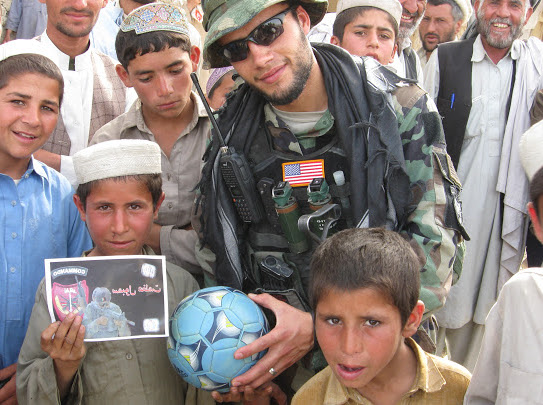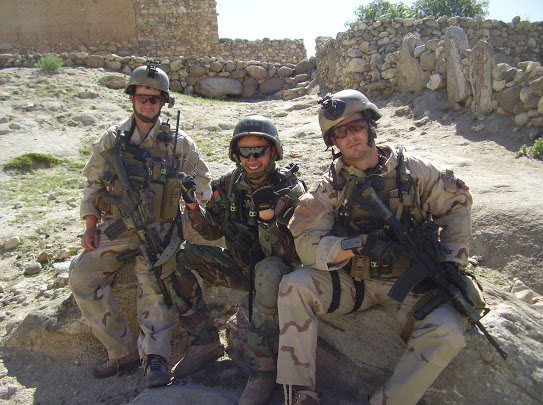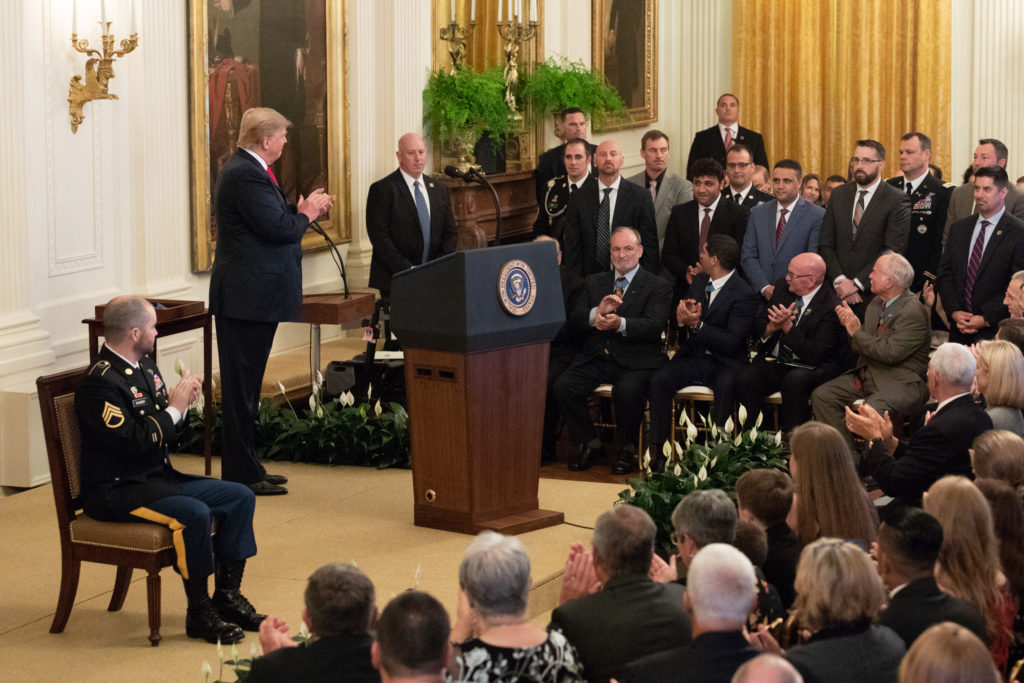When the government of Afghanistan fell in August 2021, Americans watched with disbelief at how quickly the country would slip into Taliban rule. News footage showed swarms of American and Afghans citizens at the Kabul airport hoping to get a flight anywhere away from their crumbled democracy. We asked ourselves, how could there have been no evacuation plan?

For one American, Bahroz Mohmand, a plan to get his family out of Afghanistan was two years in the making. He successfully secured safe passage for his parents, some of his siblings and their children to legally enter the United States. One year later, his family is learning English and trying to build a life in Charlotte, N.C. Now they are safe but what is next for them?
“I was an interpreter in Afghanistan working with American troops for years,” says Bahroz. “If my family goes back, they will be tortured and killed.”
Though his family did not directly help the American military, his service as an interpreter put a target on their backs. While interpreters like Bahroz have a path to citizenship, their family members do not.
Bahroz’s Journey
Bahroz was 17 and had just finished high school in his native Afghanistan when he took a job as a translator helping Afghan military forces communicate with Americans there to train them. With the permission of his parents, he used the English he knew to help in the effort to build an independent Afghan government and a military force to protect its citizens and their rights, most importantly from the Taliban. On many occasions, he risked his life to do so.

“When the U.S. Army came to Afghanistan in 2001, there was nothing,” says Bahroz. “They started everything from scratch: screening soldiers, translating materials from their handbook, teaching. We became cultural advisors, just trying to get rid of confusion.”
On April 6, 2008, Bahroz was part of a group of American Special Forces soldiers and 100 Afghan commandos that were dropped off by helicopter into the desolate Shok Valley. They were ambushed by 200 well-trained and well-armed terrorists. Two people were killed, including an Afghan translator, who was Bahroz’ childhood friend. Bahroz helped get his wounded American teammates to safety. This bloody and harrowing battle would earn Staff Sergeant Ronald Shurer and Master Sergeant Matthew Williams Medals of Honor for their bravery.
On Dec. 5, 2012, Bahroz emigrated to the United States. Though he did not serve in the U.S. military, he was given a path to citizenship. On October 1, 2018, he was invited to the White House for the Medal of Honor ceremony honoring Sgt. Shurer, where Bahroz was individually recognized by the President of the United States. Bahroz’s once quiet employment as a translator became international news and increased scrutiny on his family.

“The Taliban were slaughtering the families of people who worked for the Americans, calling us infidels,” Bahroz said. “I didn’t want to see my nieces forced to marry into the Taliban or my nephews get kidnapped. I couldn’t live with the guilt.”
Bahroz’s Efforts to Save His Family

With suicide bombings still a regular occurrence, Bahroz started working all of his contacts to get his family out of Afghanistan to safety. With the help of his friends, Bahroz was able to add his family’s names to the evacuation list, but not before the Afghan government collapsed.
When things became too unstable, Bahroz’s family headed to the airport. Among his family was then 17-year-old Tahira, his niece.
Though Tahira had become accustomed to daily danger and instability, she lived the life of a normal high school girl. She loves writing and hopes to become a journalist one day.
When it was time to go, she took only a backpack. It was complete chaos.
“The Taliban were shouting and shooting,” Tahira says. “Everyone was trying to get in the airport to get out because they were afraid of what the Taliban would do if they weren’t able to leave. We were able to get into the airport and board the plane. Everyone was sitting on the floor of the plane. We went to Qatar and then Germany. We were so happy to be safe, but we asked ourselves, ‘how did everything happen so quickly?’”
While the paperwork Bahroz secured for his family got them here, it is not a guarantee of permanent citizenship. They have work permits but the rest of their documentation is incomplete. Bahroz has found it challenging to get answers despite the fact he is an American citizen who speaks fluent English. He is concerned for their safety and Tahira’s future. He is also trying to find a way to bring his remaining family to the U.S. who are still hiding in Afghanistan.
Afghan Adjustment Act
Bipartisan legislation has been introduced in both house of Congress to establish a path to citizenship for the Afghans evacuated to the United States. Known as the Afghan Adjustment Act, the legislation would allow Afghans with temporary status that undergo additional vetting to apply for permanent legal residency. The Act would ensure Afghans evacuees have a feasible opportunity to legally stay in the United States, fulfilling a promise the United States pledged to keep them safe.
In the interim, Charlotte Center for Legal Advocacy is assisting Bahroz’s family to apply for asylum. But if granted asylum, they will not automatically become a legal permanent resident. Instead they must wait a year to apply for such status and then after four years can apply for U.S. citizenship. After everything Bahroz’s family and other Afghan evacuees have endured, passage of the Afghan Adjustment Act would provide an opportunity for a more stable future.
Bahroz speaks from the heart: “The families of interpreters and the people who sacrificed their life, they should get help. I carried wounded American soldiers on my back, not once but hundreds of times. I am a citizen; I am part of this country. This country saved me and my family. I have three kids here, I work. My family is your family, now please save them. They are not a threat. I was the only one working with the Americans, but all my family is at risk.”
Learn more how you can support the passage of the Afghan Adjustment Act.
Learn more about the Interpreting Freedom Foundation, a non-profit created by Bahroz to support Afghan Interpreters, allies, and families as they transition to their new life in the United States.